Aoge ba toutoshi
Aogeba toutoshi waga shi no on
Oshie no niwa nimo haya ikutose
Omoe ba itotoshi kono toshi tsuki
Ima koso wakareme iza sarabaTagai ni mutsumi shi higoro no on
Wakaruru nochi nimo yayo wasuruna
Miwo tate nao age yayo hagemeyo
Imakoso wakareme iza sarabaAsa yuu narenishi manabi no mado
Hotaru no tomoshibi tsumu shirayuki
Wasururu mazo naki yuku toshi tsuki
Imakoso wakareme iza sarabaLyricist:Unknown
Composer:H. N. D.
in 1884
Precious enough to look up
Honorable enough to look up to the teacher
It’s been many years since I first attended this school
When I think back, the school days seemed to go by so fast
Now it’s time to say goodbye, farewell
The bonds we formed with the friends we made
Don’t forget them after you graduate
Let’s work hard to make a name for ourselves and be known
Now it’s time to say goodbye, farewell
From morning to evening, the school we’ve grown accustomed to
The light of fireflies, the snow that lingers
I’ll never forget the days that passed
Now it’s time to say goodbye, farewell

March: Graduation Season in Japan
March, heralding the arrival of spring, marks the graduation season in Japan. First presented in the year 1884, as the 19th century drew to a close, the song went through a period of obscurity but later experienced a revival. It became an essential classic for graduation ceremonies during the Showa era.
Decline in Popularity
The use of the past tense to describe its significance is because it is no longer commonly sung in recent times. The reasons for this decline vary; some attribute it to the archaic language used in the lyrics, which is difficult for children to understand, while others suggest that the content praising teachers is no longer relevant to the times.

By Yousay07& – Own work, CC BY-SA 4.0, Link
Nevertheless, it is truly regrettable to see this beautiful melody fading into obscurity.
Origins and Creation
Originally created for the graduation ceremony of “Ongaku torishirabe kakari” (now part of the Tokyo University of the Arts Faculty of Music), an organization engaged in editing song textbooks and conducting music education research, the song’s lyrics underwent multiple revisions through a collaborative process involving scholars and poets before reaching completion. The composition process, however, remained shrouded in mystery for a long time. It was only in recent years that the original publication from 1871, finally discovered in the United States, bore the composer’s initials, H.N.D, as the sole identification.

By N509FZ – Own work, CC BY-SA 4.0, Link
Attempts at Modernization
In later years, there was a movement suggesting that if the lyrics were too difficult and the meaning didn’t come across, why not try modernizing them into contemporary language? However, when this idea was actually implemented and presented, voices emerged expressing sentiments like “It doesn’t bring tears if it’s not the original lyrics,” resulting in unfavorable feedback. Upon reflection, it seems that Japanese people, as a whole, may prioritize nuances and emotions over the precise meaning of words. Despite this, Japan actively embraces music from abroad, and many musicians have gained popularity in Japan even before their home countries. This adaptability could be a source of happiness.
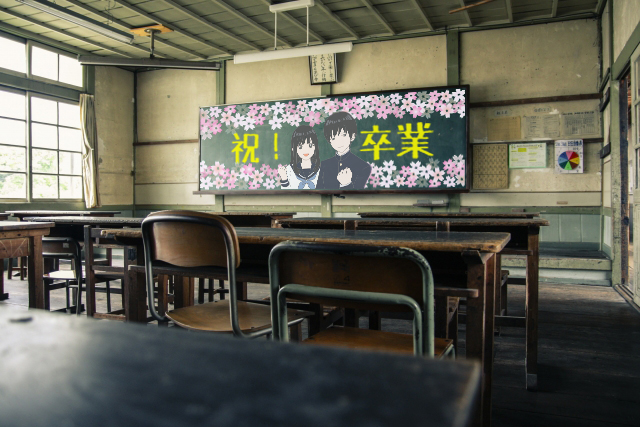
Symbolic Meaning
Incidentally, the third verse, featuring “light of fireflies” and “snow that lingers,” draws inspiration from Chinese tales, symbolizing the pursuit of knowledge and success through studying under the illumination of firefly lights and lingering snow.
▼Site of the Army’s Toyama School, where Japan’s first graduation ceremony is said to have taken place.
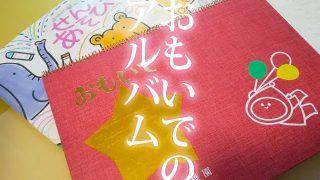

▼The graduation chorus “Tabidachi no hi ni” (On the Day of Departure), which is often sung in place of “Aogeba Toutoshi,” was composed in 1991 by a public junior high school principal and music teacher. It is also a beautiful song.
 衝撃のクオリティの『旅立ちの日に』
衝撃のクオリティの『旅立ちの日に』

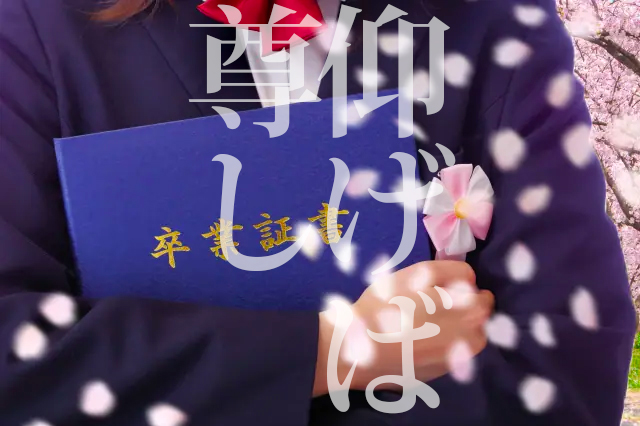
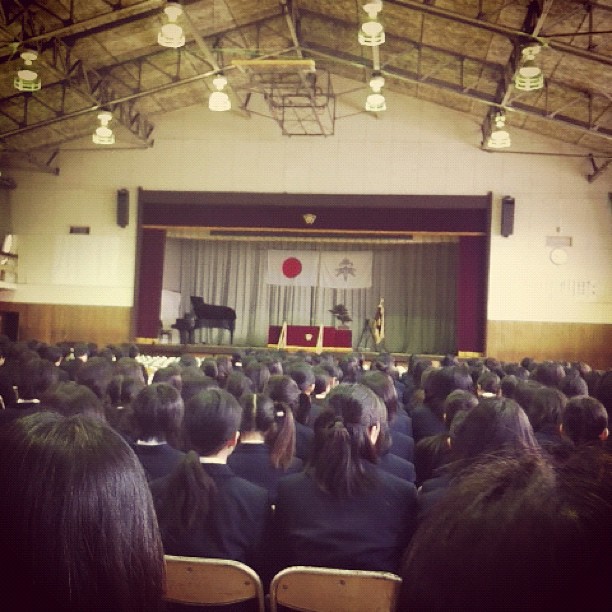

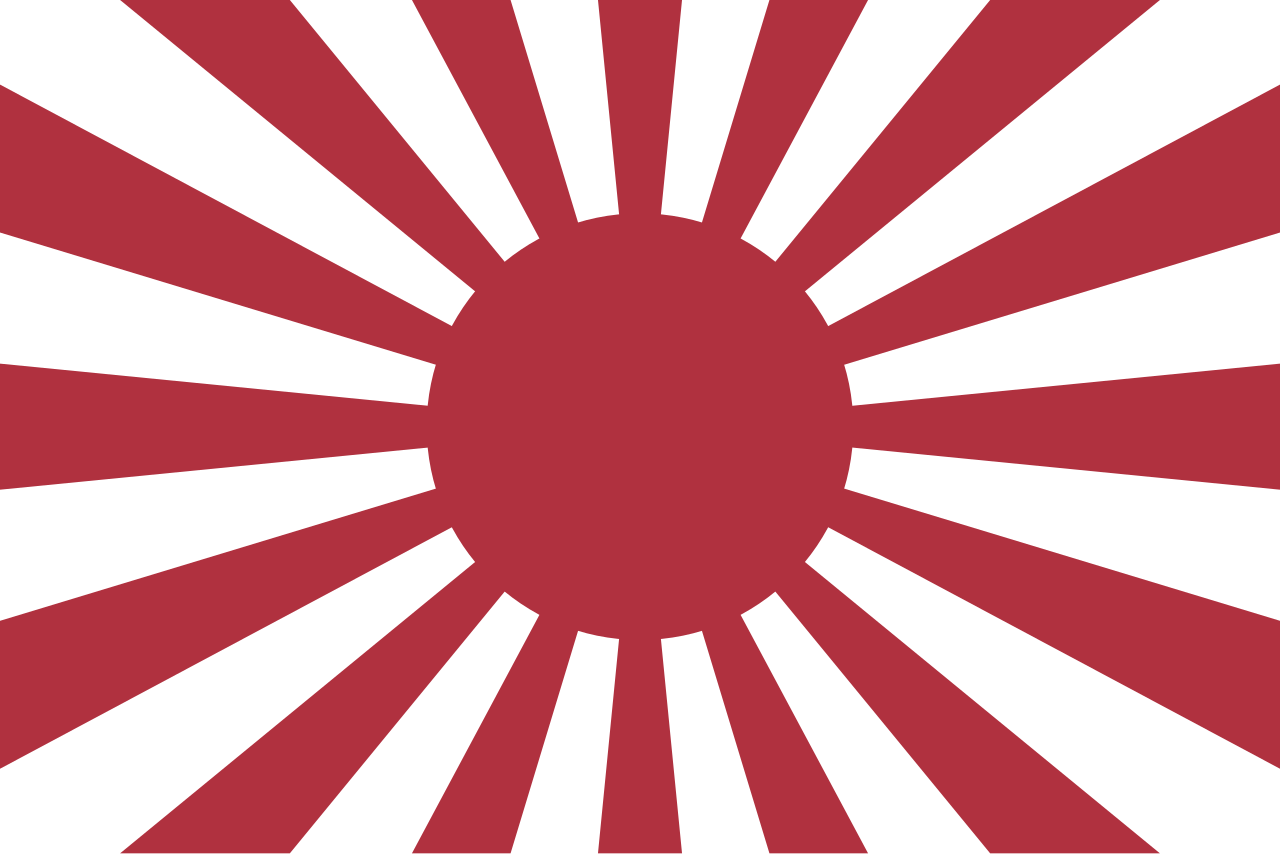


コメント